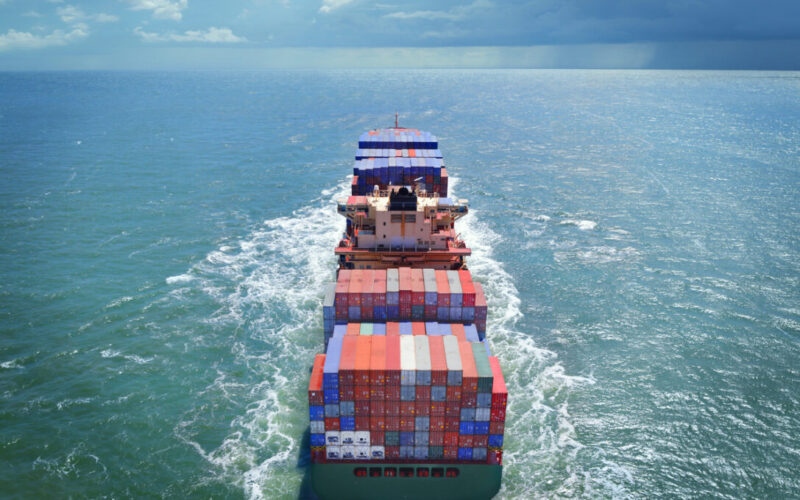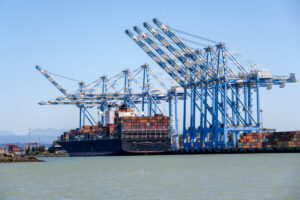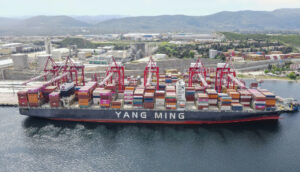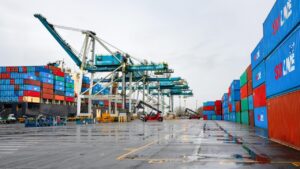Sea-Intelligence reported that vessel delays accounted for 5.7 per cent of the worldwide fleet in March 2024, representing an improvement above the 7.5 per cent high reached in January 2024.
The firm explained that when vessels experience delays, a share of global vessel capacity is effectively absorbed and hence unavailable to the market.
Historically, this proportion has tended to be between 1 per cent and 3 per cent, with a few increases in the 3-5 per cent area due to big disruptive events. When the pandemic struck, this rate almost reached 14 per cent at its height.
In this context, Sea-Intelligence suggests that the Red Sea crisis is a relatively minor issue compared to the disruptions caused by the pandemic. It also noted that this only accounts for the capacity consumed by vessel delays and does not include the capacity absorbed by the longer route across Africa.
READ: Blank sailings show substantial reduction
However, Sea-Intelligence stated that there is always a ‘normal’ level of vessel delays that consumes some of the global capacity. This baseline level should be eliminated from the computation to properly assess the influence of specific events on fleet capacity, such as the pandemic or the Red Sea crisis.
When this is done, the outcome illustrated in Figure 1 is obtained. Sea-Intelligence reported that the influence of various forms of delays from 2011 to 2019 has essentially no significant impact on overall market capacity availability.
READ: US consumers’ spending increases
Alan Murphy, CEO of Sea-Intelligence, said: “We can also clearly see the pandemic impact peaking in January 2022, where 13.8 per cent of global capacity was rendered unavailable. Here in early 2024, we did indeed have a small spike again, but it is rapidly being removed.
“If the round-Africa services begin to operate at reliability levels matching the pre-pandemic era, then this absorbed capacity will be returned to the market, and we could see up to 4 per cent additional capacity fed into the market in 2024.
“This would then come on top of the 9 per cent of new vessel deliveries in 2024, further worsening the overcapacity challenge for the shipping lines.”










